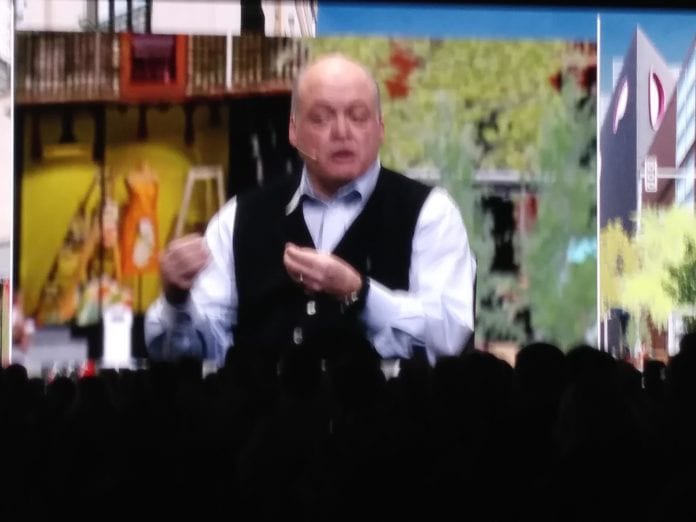Ford to launch vehicle-as-a-service platform in 2018
Las Vegas, Nev. — Ford CEO Jim Hackett highlighted opportunities within the transportation sector the company would like to seize upon during a keynote presentation Tuesday at the Consumer Electronics Show (CES). While Ford’s address was short on details, he said he wants to create a transportation mobility cloud capable of managing vehicles and connecting people to different modes of transportation through a single platform.
Self-driving cars have gained momentum over the last few years with tech giants like Google and Uber hoping to make autonomous vehicles a consumer reality by 2020. With respect to traditional automobile giants, however, Ford is certainly making strides to go above and beyond its competitors. The company said it plans to test and launch a new vehicle-as-a-service platform later this year.
“The challenge is enormous,” Hackett noted in a Medium post prior to his CES keynote presentation. “We are talking about orchestrating the entire transportation network that is already woven into the fabric of our urban environments and civic life. But it is a task we must undertake because the old system is failing.”
With this initiative in mind, Ford and chipmaker Qualcomm announced a partnership at CES. The companies said they will work together to bring cellular vehicle-to-everything (C-2VX) to all of Ford’s vehicles. The purpose of the technology is to enable vehicles to connect with each other and other devices in an effort to ease traffic congestion and provide additional services for passengers.
“At its most basic level C-V2X is a two-way conversation,” said Don Butler, Ford’s executive director of connected vehicle and services, during CES. He noted information obtained from basic interactions could be leveraged to better manage transportation systems. If a car wreck is causing major delays, for example, autonomous vehicles could be rerouted to steer clear of the collision.
Ford also announced it is partnering with delivery service Postmates. The companies will work to test autonomous driving technology for deliveries, conducting various pilot services throughout the year.
“The way commerce is moving around in cities is dramatically changing, and emerging technology will undoubtedly have an impact on the future of on-demand delivery,” wrote Sherif Marakby, Ford’s vice president of autonomous vehicles and electrification, in a Medium post. “With the knowledge we’ll gain from our partnership with Postmates, we anticipate we’ll be able to better deploy self-driving technology in a way that can help people get what they need faster, while also supporting local businesses that are a big part of communities around the world.”

